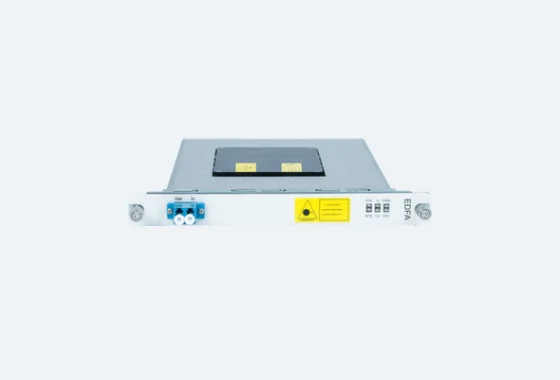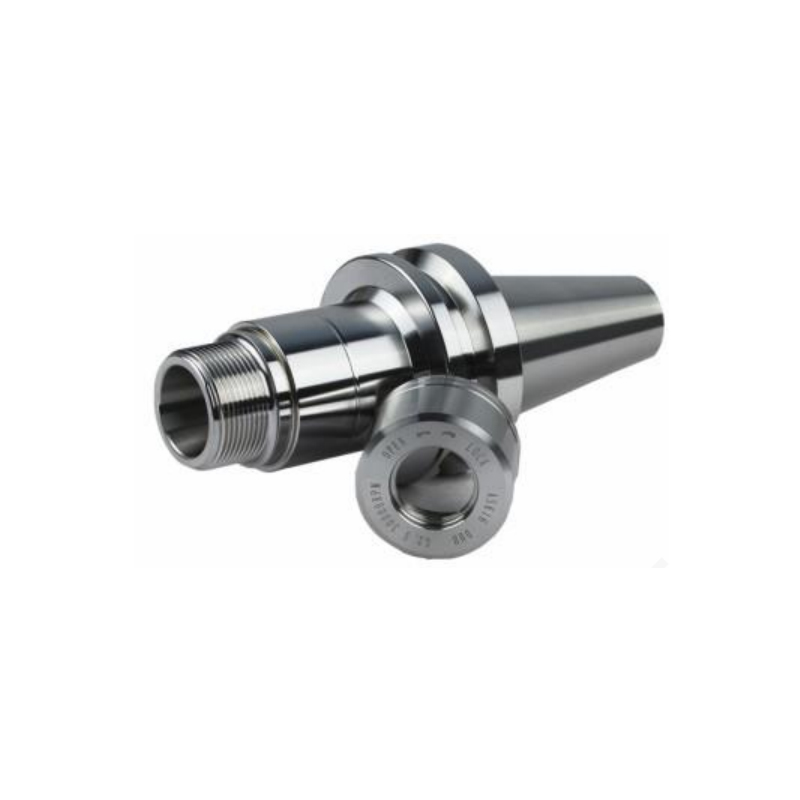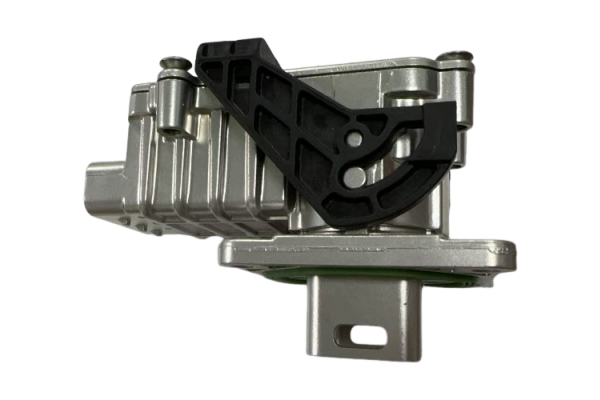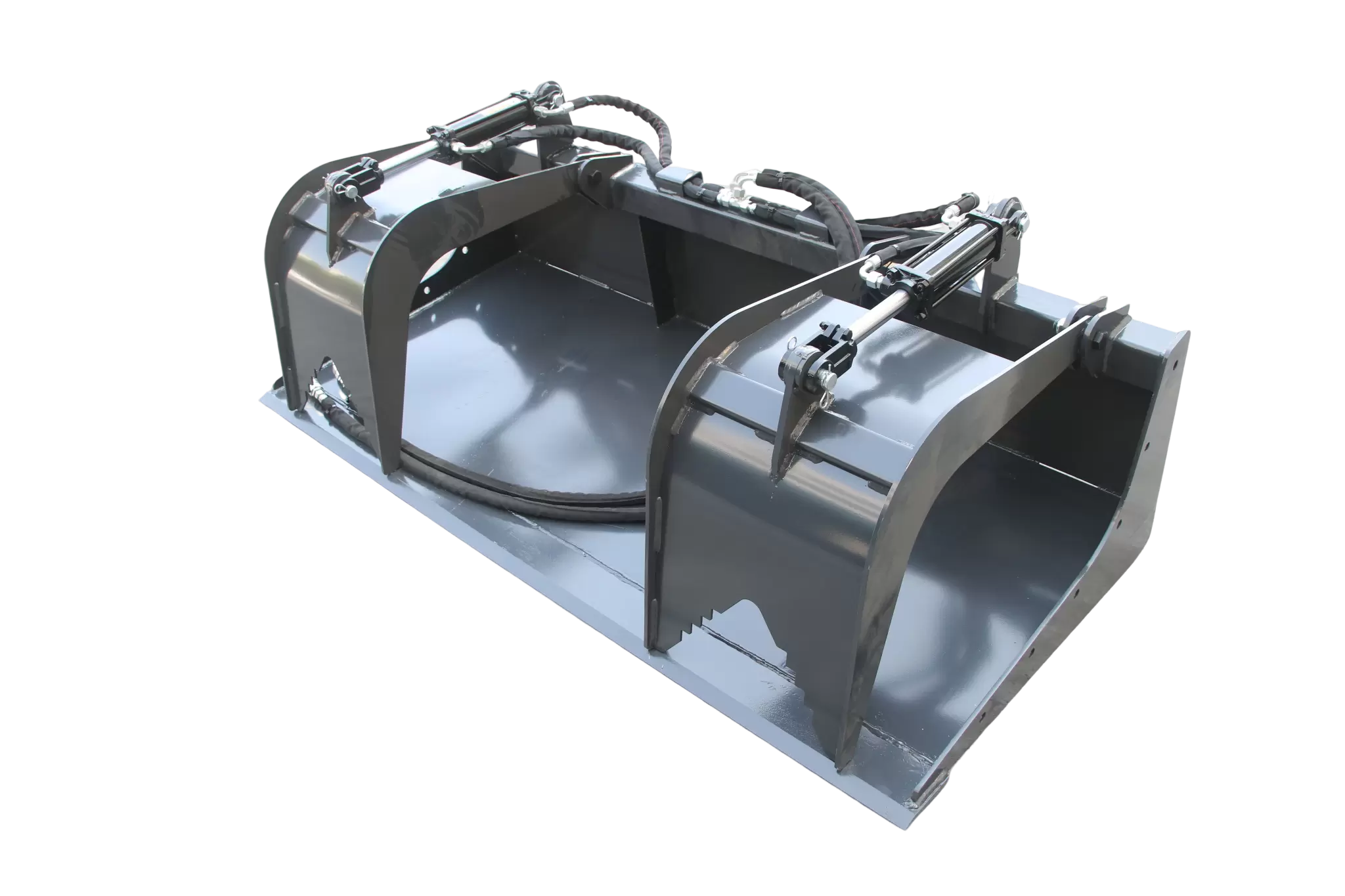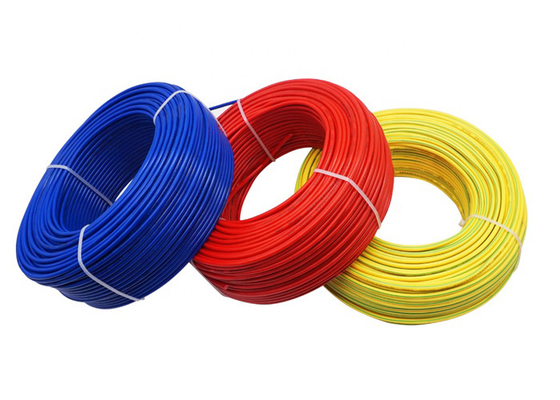
Electrical wiring is a fundamental aspect of modern infrastructure, enabling the transmission of electricity to power our homes, offices, and industries. The selection of the right type of wire is crucial to ensure safety, efficiency, and reliability in electrical systems. In this article, we will delve into the diverse world of wires used in electrical wiring, exploring their unique characteristics, applications, and advantages.
- Copper Wires:
Copper wires are the most commonly used type of wire in electrical wiring due to their excellent conductivity, flexibility, and corrosion resistance. They are ideal for both residential and commercial applications, providing a reliable and durable solution for transmitting electricity. - Aluminum Wires:
Aluminum wires are another popular choice for electrical wiring, especially in industrial settings. While not as conductive as copper, aluminum wires are lighter and more cost-effective, making them suitable for long-distance power transmission and overhead lines. - PVC Insulated Wires:
PVC insulated wires are widely used in electrical wiring for their insulation properties, protecting the wire from moisture, heat, and mechanical damage. These wires are versatile and come in various colors for easy identification and installation. - THHN Wires:
THHN (Thermoplastic High Heat-resistant Nylon-coated) wires are designed for high-temperature applications, making them suitable for use in conduit and cable trays. They are known for their heat resistance, durability, and ease of installation, making them a popular choice in commercial and industrial projects. - Fiber Optic Cables:
Fiber optic cables are revolutionizing the world of electrical wiring with their ability to transmit data using light signals. These cables are lightweight, immune to electromagnetic interference, and can transmit data over long distances at high speeds, making them essential for telecommunications and networking applications.
Conclusion:
Understanding the different types of wires used in electrical wiring is essential for designing safe and efficient electrical systems. By choosing the right type of wire based on the specific requirements of the project, you can ensure optimal performance, longevity, and safety. Whether it's copper wires for residential wiring or fiber optic cables for data transmission, each type of wire plays a unique role in powering our modern world.
